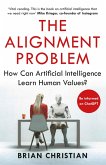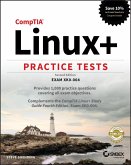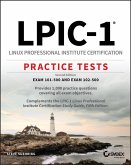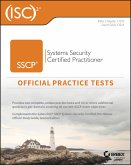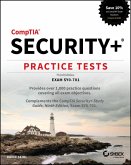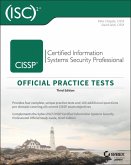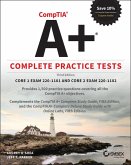The book uniquely bridges the gap between technical analysis and philosophical inquiry, making complex concepts accessible to readers while maintaining scholarly rigor. The narrative progresses from the test's origins in post-World War II computing to its contemporary relevance in evaluating modern AI systems like large language models.
Through three main sections, readers discover how the Turing Test evolved from its original conception, explore major criticisms including the Chinese Room argument, and examine its application to current AI technologies. The book draws extensively from primary sources, including Turing's original writings and seven decades of academic research, while incorporating practical case studies from ELIZA to modern GPT models.
What sets this work apart is its balanced treatment of both technical and philosophical aspects, offering valuable insights for technology professionals, philosophers, and cognitive scientists alike. The interdisciplinary approach illuminates connections between computer science, philosophy of mind, and cognitive psychology, while maintaining focus on practical applications.
By examining how the Turing Test continues to influence AI development and evaluation, the book provides readers with essential frameworks for understanding both the capabilities and limitations of current AI technologies.
Dieser Download kann aus rechtlichen Gründen nur mit Rechnungsadresse in A, B, BG, CY, CZ, D, DK, EW, E, FIN, F, GR, H, IRL, I, LT, L, LR, M, NL, PL, P, R, S, SLO, SK ausgeliefert werden.



